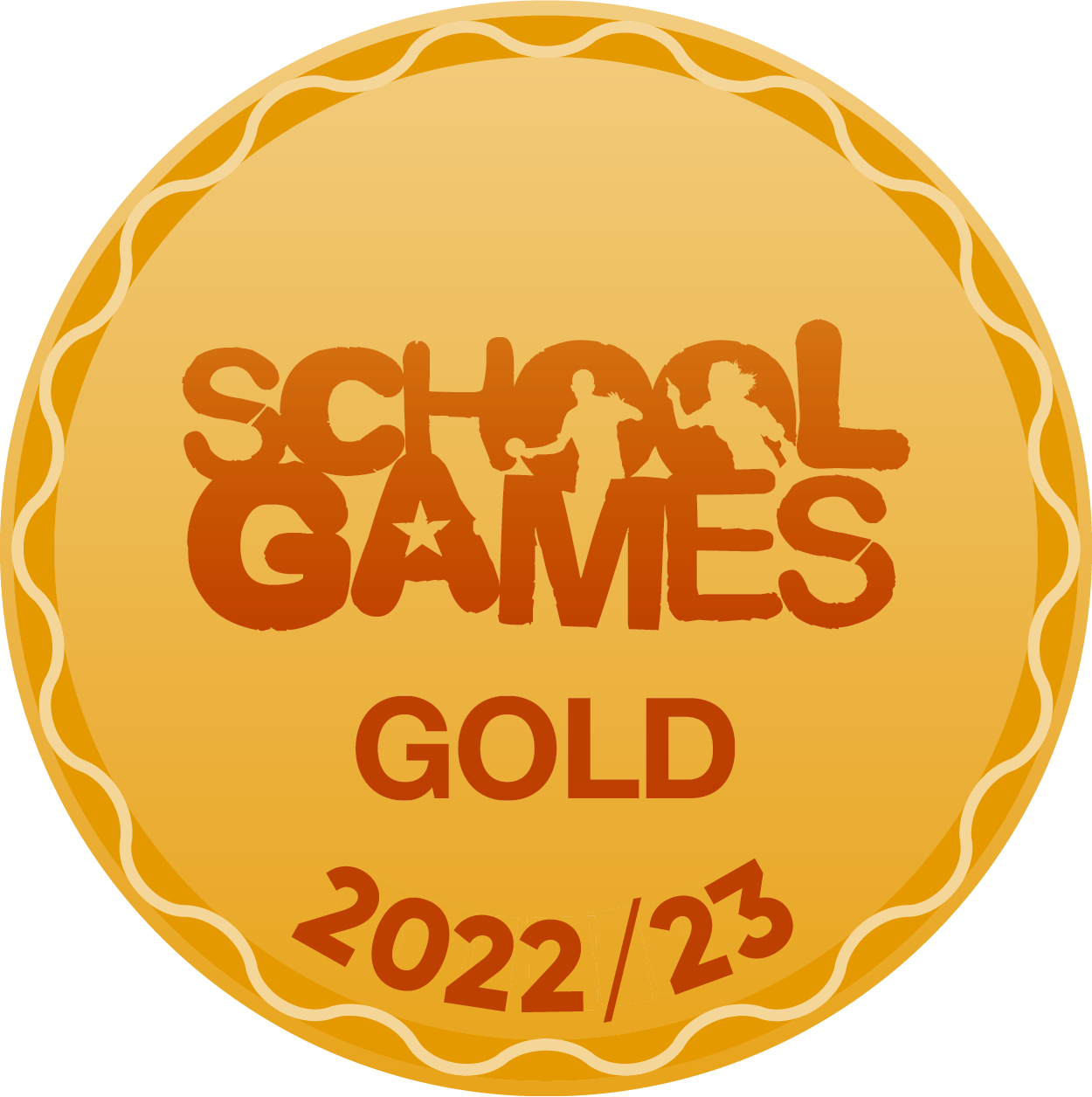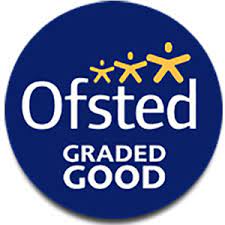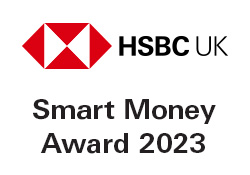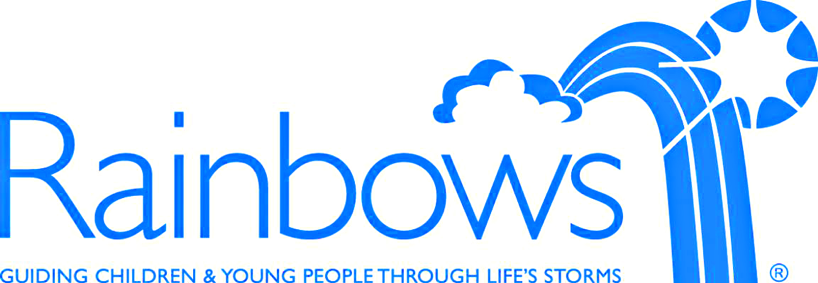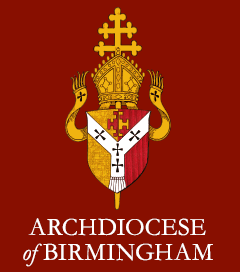Music
Intent
Why do we teach this?
At Our Lady’s, we value music because it allows children to express creativity and can impact the way they act, think and feel. It is our intention that all children gain an understanding and love of music from a range of genres, decades and traditions, and for many to take up the learning of an instrument and sing for enjoyment. It is also our intention that children learn to value the importance of music for health and wellbeing.
Why do we teach it in the way that we do?
Exposing children to music during early development helps them to recognise sounds and develop language. We believe that every child should have the opportunity to develop their musical potential and we nurture and encourage musical literacy through learning to play instruments and perform both individually and as a group. Our music curriculum is shaped by our school mission, which aims to enable all children to flourish to become RUAH children.
Implementation
What do we teach?
In Nursery and Reception, we follow the objectives of Early Years Framework (2021) and from Year 1 to Year 6, the guidelines of the National Curriculum for Music (2014) are followed through the three key concepts of listening, performing and composing which prepare the children for progression to secondary school. To support this, the Charanga scheme of work is used from Year 1 - 6 to ensure a wide exposure to different genres of music, with lots of practical opportunities to explore and develop as musicians and singers.
There are multiple opportunities for children to perform whether it be in assemblies, concerts or in class. We expect all children to be involved in the musical life of the school and firmly hold the view that “Without music, life would be a mistake.”― Friedrich Nietzsche
What does it look like in our classroom?
Exciting and creative lessons are based on active listening tasks and practical music making using a range of instruments, alongside developing early skills of reading music. Children in split year group classes are given the tools to develop their skills towards age-related expectations.
What does it look like around our school?
Additional musical opportunities are offered through private, individual piano lessons and small group guitar and violin lessons. Singing is an important part of the life of Our Lady’s and there is a lunchtime choir for all children to attend as well as weekly singing in assemblies and class Collective Worship.
Impact
Following the Intent and Implementation, children:
- Achieve age-related expectations in music at the end of their cohort year
- Retain knowledge that is pertinent to music and build on skills from the previous year
- Participate in wider musical activities
- Gain wider experiences by performing to an audience
- Develop an understanding of culture and history through music.
Our children leave our school with the musical knowledge and skills ready for the next stage of their education. They are confident to perform to an audience and evaluate their performance to make improvements. They have good knowledge of the range of music from the past and use this knowledge to make informed judgements about their personal choice. Our children can use music and perform music as a way of creating and managing emotions to support their mental health.
How do we monitor and review the impact of music at our school?
The music subject leader uses the following lines of enquiry to assess the impact of the music curriculum:
- The profile of music, singing and creativity in Early Years topics.
- Opportunities for music, singing and creativity in the indoor and outdoor classroom environments in Early Years.
- Music assessment data on Target Tracker (Years 1-6).
- Evidence of the profile of music around our school.
- The number of children opting to have private music lessons.
- Evidence of literature about musicians in the library, in classrooms and in Bookflix.
- Discussions with pupils and evaluations of their ability to perform as musicians and their knowledge of different genres of music.
- Discussions with teachers.
- Learning behaviour in the classrooms and during performances.
- Culture of music across the school.
- Opportunities for extra-curricular activities in music.

